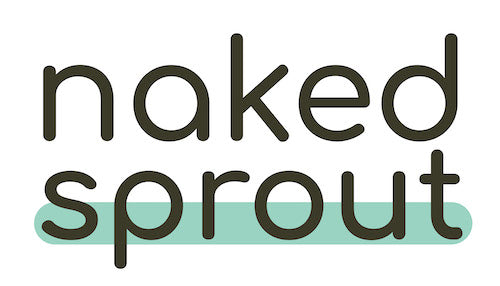What is PFAS-free toilet paper?
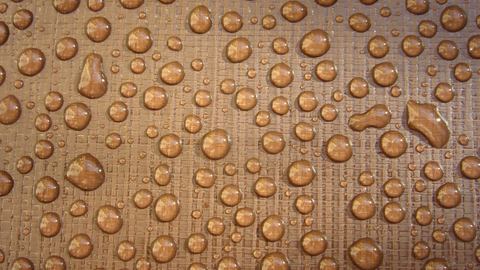
It’s hard to imagine a more everyday product than toilet paper - tissue sheets wrapped around a cardboard core. It’s a simple daily convenience and most of us don’t think much about it.
But in 2023 scientists discovered an alarming fact about toilet rolls - many of them contain PFAS, “forever chemicals” which can harm the environment and pose a risk to our health.
So what are PFAS, why do we need to be concerned about them, and how can we limit our exposure? Naked Sprout bamboo and recycled toilet rolls have been independently tested and found to be PFAS-free, so we wanted to take a moment to explain what PFAS are, and what this means for our customers
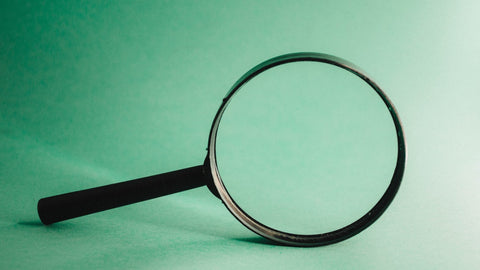
What Are PFAS?
“PFAS” is the umbrella term used for a large family of man-made chemicals containing linked carbon and fluorine atoms, a chemical bond that does not break down easily. Since the 1950s thousands of different PFAS have been developed and manufactured for use in a huge variety of everyday products.
What kind of products? PFAS repel water, grease, and stains. So they have often been used to make products that would benefit from these repelling properties. Waterproof clothing, non-stick cookware, carpets, and fast food packaging are all commonly manufactured using PFAS.
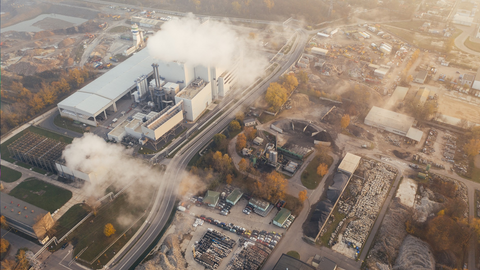
How Widespread Are They?
Very. They were invented in the 1930s and widely used in manufacturing by the 1950s, a time when there was less regulation. By the time the scientists started to investigate concerns about the use of these chemicals in the 1970s, the genie was out of the bottle. They are very widespread in consumer products, and since the 2000s scientists have found that they are spread widely in our bodies and our environment as well.
Why is this? The chemical properties of PFAS mean that they can easily break off from products to become airborne, or spread through water, contaminating the environment they are in. They can take hundreds of years to break down, hence the nickname “forever chemicals”. This means that levels of PFAS can easily build up in our water, soil, and bodies. As the UK’s Environmental Agency puts it, this can lead to “long-term continuous exposure of people and wildlife.”
This is a concern because, though the effects of PFAS are not yet fully understood, the PFAS that have been studied in-depth are known to be toxic, and it is believed that exposure to PFAS could be a risk factor for a number of serious health problems. A list provided by the UK’s Royal Society of Chemistry lists a number of health risks associated with PFAS including:
- Testicular cancer
- Fertility issues
- Liver damage
- Increased cholesterol
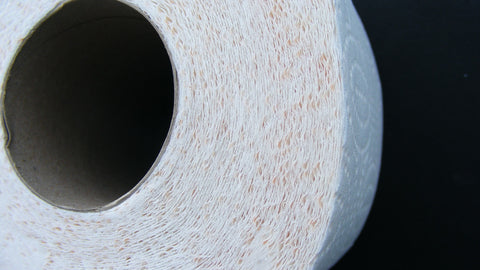
Why would they be in toilet rolls?
In 2023 the University of Florida published a study based on analysis of 21 major toilet roll brands from around the world, in which PFAS were found in every single sample. This is a source of potential exposure for people who use toilet rolls, because we know that PFAS can be absorbed through the skin. It is also a problem for our water supply. The authors of the study wrote that toilet paper should be considered “as a potentially major source of PFAS entering wastewater treatment systems”.
But toilet rolls aren’t meant to repel water, stains, or grease! Following the publication of the University of Florida report a toilet paper industry trade group stated that no PFAS are intentionally added to toilet rolls. So how are they getting in there?
Unfortunately, the way PFAS enter the supply chain for toilet roll manufacture isn’t fully understood as of yet, but the expert papermakers at our factory have pointed out a couple of different possible sources; water-repellent chemicals that are used to stop paper pulp sticking to the drums on which tissue is made, and water-repelling wrapping.
We knew we didn’t wrap our rolls, intentionally add PFAS to our products, or use any chemicals that had PFAS in the machinery of our factory. But we needed to be sure, so we had our bamboo toilet rolls tested in 2023, and our recycled rolls (which were launched later) were tested in 2024. Both tested negative for traces of elemental fluorine, the marker that would show PFAS are present. In other words, Naked Sprout offers PFAS-free recycled toilet paper, and PFAS-free bamboo toilet paper.
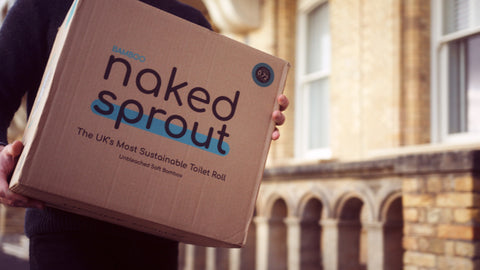
How Can You Limit Your Exposure to PFAS?
At the moment, UK agencies are taking a precautionary approach to PFAS, monitoring their levels in our reservoirs, rivers, and lakes and issuing a call for further research into their risks. The European Food Safety Authority has recommended that individuals limit their exposure to PFAS wherever possible. Given how widespread these chemicals are, avoiding them is easier said than done, but it’s worth thinking about the everyday products in your home and how PFAS might be involved.
Research into PFAS is advancing rapidly. As information becomes more widely available, and customers become more aware, we expect guidance and regulation to change. We also expect (and hope) that companies will be more up front about what they find in their products. Tests for PFAS are not expensive, and following the widespread press coverage of the University of Florida report we believe most toilet roll brands will have asked an independent accredited lab to test their products, like we did.
We are aware that one well-known eco brand has admitted that traces of fluorine were found in some of their products, this is the marker that tells you PFAS are present in the sample. If you’re not sure, you can always check.
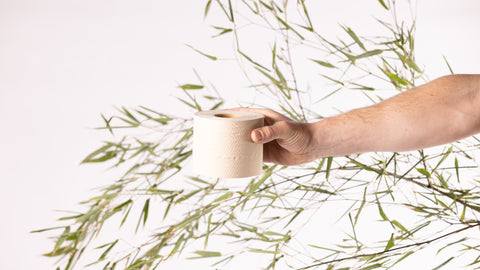
Conclusion
That’s our round-up of PFAS, where they come from, and why they might be in toilet paper. Toilet rolls don’t seem to be a natural fit with chemicals that repel water and stains, and the finding that many well-known brands may be unknowingly selling tissue that contains these chemicals is alarming.
As always, we believe the best policy is transparency. Naked Sprout bamboo and recycled toilet rolls do not contain PFAS, and we hope this run-down of the science is reassuring to our customers!
Want toilet rolls that have been independently tested and found to be PFAS-free?
